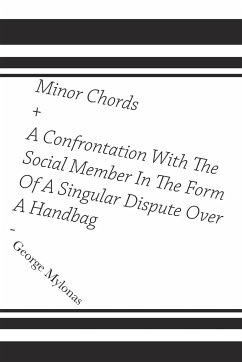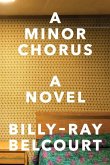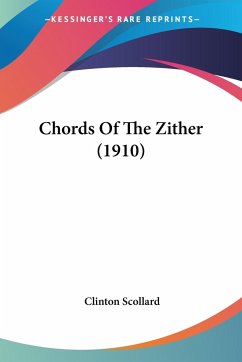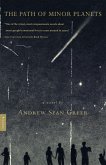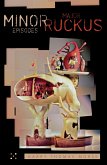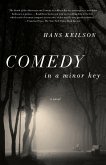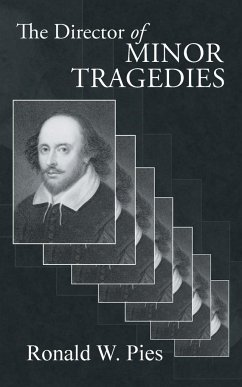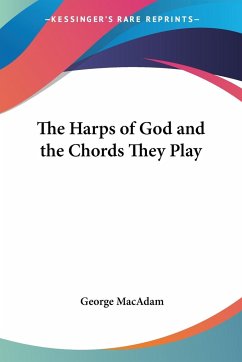Originally thought to be lost due to self-destruction, several original manuscripts have recently surfaced dating as far back as the early 1950s. For the first time since their (mis)conception, the surreal, avant-garde literary works of George Mylonas (1923-1966) are now finding new life and a new audience thanks to Dreary House. Keep an eye out (using a knife, preferably a sharp one) for more from this auteur of comedic interior-terror as we continue to translate more works of the acclaimed absurd from leading imaginative voices and creative pioneers from the mid-20th century. Originally censored and partly burned, Minor Chords was a film script by film agent George Mylonas (aka Lorigan Thunderpus), a frustrated artist based in Wales who perceived the decline of moral society as an unstoppable force and decided to hasten its destruction by taking the reigns of its most nefarious mechanism: the motion picture. However, the film was never made for obvious reasons and George Mylonas went unnoticed and forgotten. There is no mention of him after 1966, but he is presumed to have perished in an unfortunate trainwreck south of Copenhagen while traveling across Europe selling specially-designed shoeware. The short story, A Confrontation With The Social Member In The Form Of A Singular Dispute Over A Handbag, was written late in life, presumably influenced by Russian authors such as Gogol and Pushkin. We sincerely hope you enjoy these non-classics.

